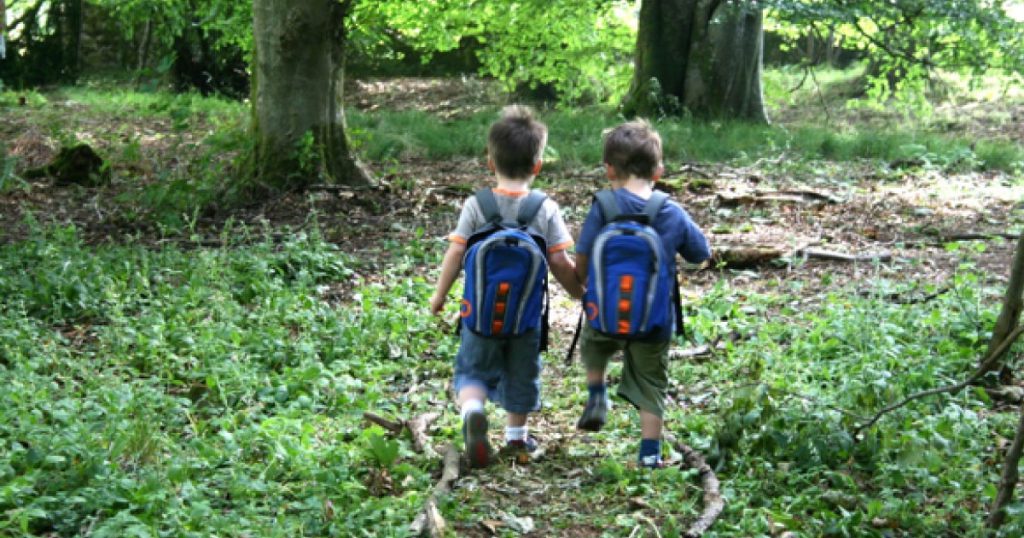
When does a school’s responsibility for student behaviour end? Is it at 3pm when the bell goes? Or does a school still have to respond to harmful behaviour after hours?
The Victorian government has announced new powers for government school principals to suspend or expel students for serious misbehaviour beyond the school grounds. The powers will begin in July, from the beginning of term 3.
The state government says this will “address concerns around harmful behaviour that happens outside school hours […] but affects student and staff safety”.
The new powers have a particular focus on online safety and follow similar moves in South Australia and New South Wales.
What does this mean for schools and students?
A blurry line
The line between when “school” starts and finishes is blurry. Anti-social activities and their impacts don’t neatly fall at a convenient time or location.
Cyberbullying – using the internet to be mean to a child or young person – has grown insidiously over the past decade and frequently takes place outside of the school grounds and after hours. This now includes deepfakes and AI-generated images.
But the impacts of cyberbullying are very much felt during school hours. Bullying can lead to decreased academic performance – even in primary school. It can also lead to fractured social relationships. So schools are deeply involved. They may need to provide additional academic and welfare support for the student, as well as manage any social tensions and flare-ups on campus.
As the eSafety Commission has warned, teachers can also face online abuse from students.
So school leaders are needing to support both student and staff mental health.
A changing legal climate
But it’s not just online actions that blur the lines. In 2024, the NSW Supreme Court ruled in a case of an assault by a group of students against a 14-year-old student.
Although the attack took place outside the school grounds, after the final bell, the court determined the NSW public high school had a duty “beyond the confines of the school boundaries and outside of its operating hours”. In part, this was based on previous known violence from one of the perpetrators.
Schools now exist in a dynamic and complex set of ecosystems and the new Victorian powers acknowledge and respond to this reality.
What does it mean for principals?
For some school leaders, there may be relief they can deal with the consequences of the most severe and destructive actions. This could include online harassment or recent incidents such as rating students’ physical appearances.
For others, there may be concerns this will add to their already stretched and pressured workloads.
Research including the annual survey I run with colleagues, shows being an Australian school leader takes an ongoing emotional toll. The work often involves dealing with violence and abuse.
Expelling kids should be a very last resort
As a community, we can all agree schools should be places that are safe and free from violence of any kind.
But the removal of any student from a school signals a series of breakdowns. This is why schools have policies and procedures to try and resolve these issues positively before the consequences become more severe. Schools will normally use intervention strategies such as counselling, behaviour monitoring and formal cautions before suspension emerges as a possibility. Sadly, these do not always result in changed behaviour.
As consequences escalate, so too do their impacts.
Students who begin to disengage from their learning can get caught in a spiral of increasing disengagement, leading to repeat instances of suspension and then expulsion. This can then chart a distressing path for some towards incarceration.
So we need to focus on strategies which reduce this pathway.
This includes initiatives that boost students’ engagement at school such as those in the Better and Fairer Schools Agreement (part of the new funding agreement between the federal and state governments). We also need funds to increase counsellors and psychologists in schools.
Being able to expel students for out-of-school behaviour will help manage some of the symptoms of poor student behaviour. But unless the underlying causes are also addressed, expulsion will not resolve the issues – and ultimately transport the problem to another community.
![]()
Paul Kidson does not work for, consult, own shares in or receive funding from any company or organisation that would benefit from this article, and has disclosed no relevant affiliations beyond their academic appointment.
Read More: Read More



